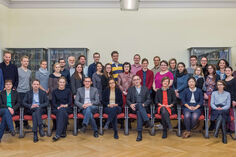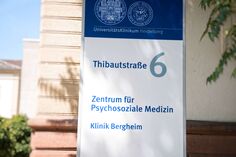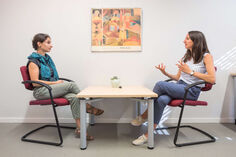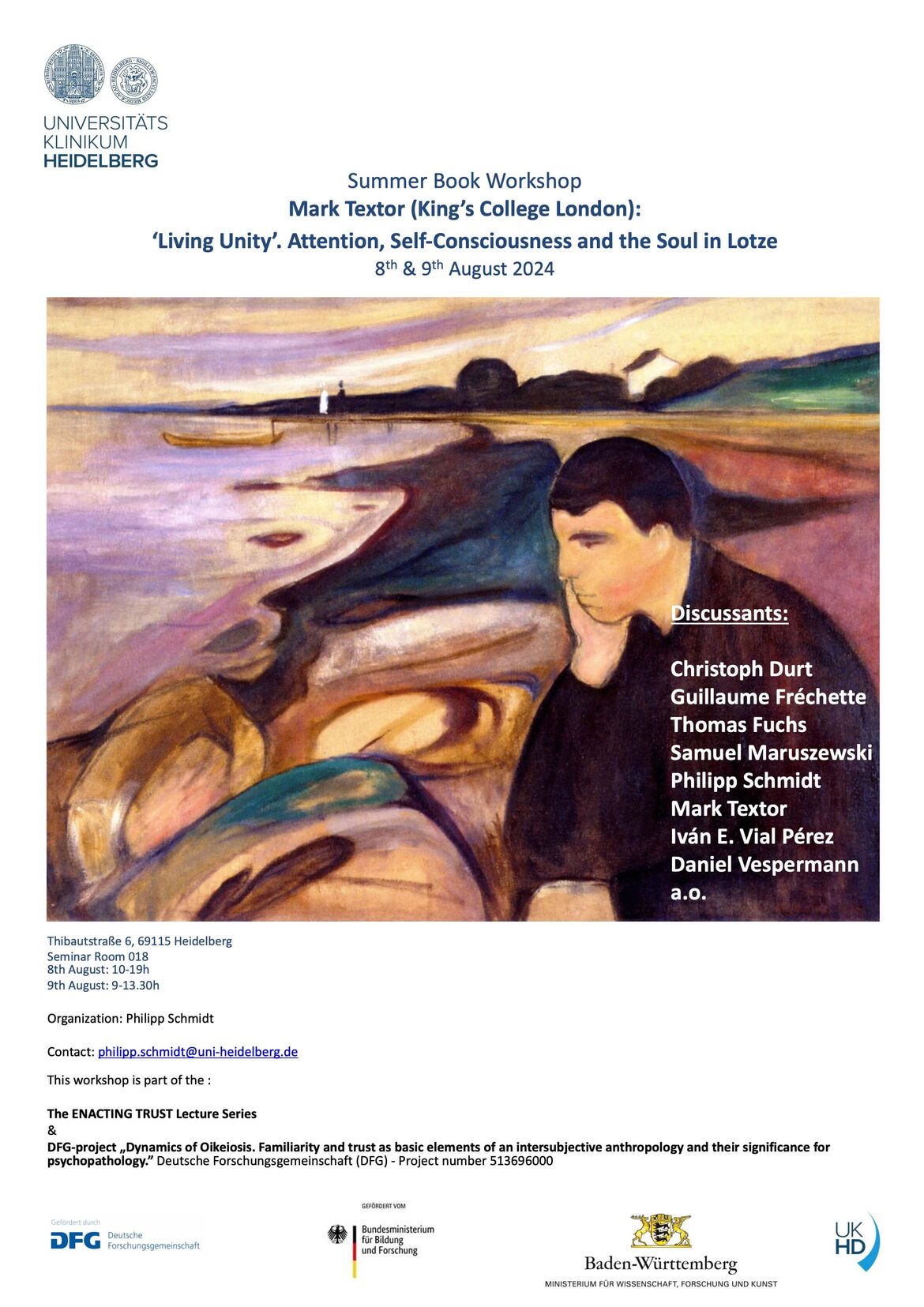The ENACTING TRUST Lecture Series
The COVID-19 pandemic, recent emerging conflicts, political rifts, and technological developments in artificial intelligence have all underscored in the last years that trust is a central resource for both individual life and communal cohesion. The essential role of trust for the functioning of a rule-based, democratically structured society has been discussed for centuries in social philosophy, and later in social psychology, political science, and social sciences. Considerations and reflections on what constitutes trust are also indispensable and ubiquitous in the fields of clinical psychology, medicine, psychiatry, and psychotherapy.
Even though trust is a well-established topic in various scientific disciplines, in recent decades, wide-ranging debates have continued, particularly in philosophy, about how to define trust as a phenomenon. Is it an aspect inherent in our perceptual relationship to the world? Or should trust be better characterized as a specific, for instance, affective or interpersonal attitude? Some argue that trust is best defined as a specific form of (interpersonal) practice.
The heterogeneity of trust concepts is also reflected in the numerous attempts to provide an accurate operational definition to make the phenomenon empirically measurable and examinable. It is important to consider that different conceptions arise from the fact that trust manifests differently in various areas of human existence. Trust can relate to oneself, other people, society, institutions, social groups, God, and the world, and can be limited to specific aspects or apply more globally. This raises the question of the possibility of different forms of trust and their internal connections. It is important to consider that trust can manifest in different ways in various life contexts and come into play in corresponding situations.
Trust research is thus intrinsically interdisciplinary, yet it requires constant conceptual and integrative-synthetic reflection. Given the extensive nature of trust research, it is best conducted through collaboration and continuous exchange across various disciplines.
This event series aims to facilitate dialogue among researchers, scientists, and practitioners to explore the various forms of trust and related phenomena, their significance for individual and social lives, and the different ways trust can be lost, rebuilt, and enacted.
The ENACTING TRUST Lecture Series is supported through a grant from the Research Council Field of Focus 3 as part of the Excellence Strategy of the German federal and state governments. It is carried out in synergy with the project “Dynamics of Oikeiosis. Familiarity and trust as basic elements of an intersubjective anthropology and their significance for psychopathology” (German Research Foundation, DFG, 513696000).
In alignment with the Excellence Strategy, the ENACTING TRUST Lecture Series places emphasis on cooperation and networking. If you like to exchange ideas, feel free to contact us.
Contact: philipp.schmidt-boddy(at)uni-heidelberg.de
Organized by: Dr. Philipp Schmidt-Boddy & Prof. Dr. Dr. Thomas Fuchs

Activities:
13th May 2025
GUEST TALK BY FREDRIK SVENAEUS (SÖDERTÖRN UNIVERSITY): “EMPATHIC TRUSTWORTHY HERMENEUTICS: THE FOUNDATION OF MEDICAL ETHICS”
26-27th September 2024
Online-Workshop: Camouflaging. Enacting Familiarity
For further information see workshop homepage.






